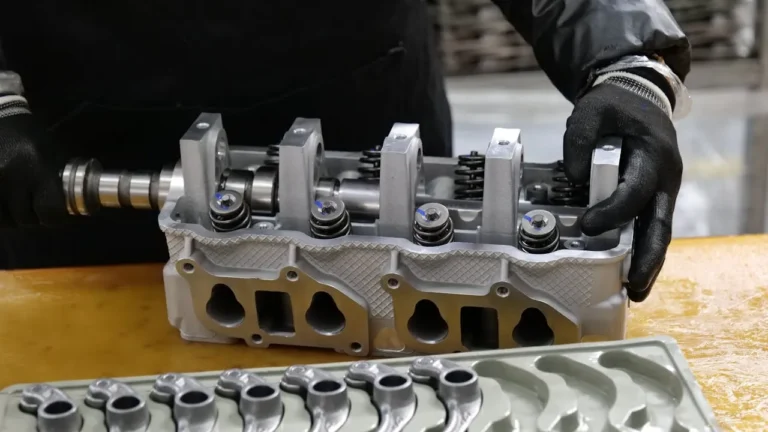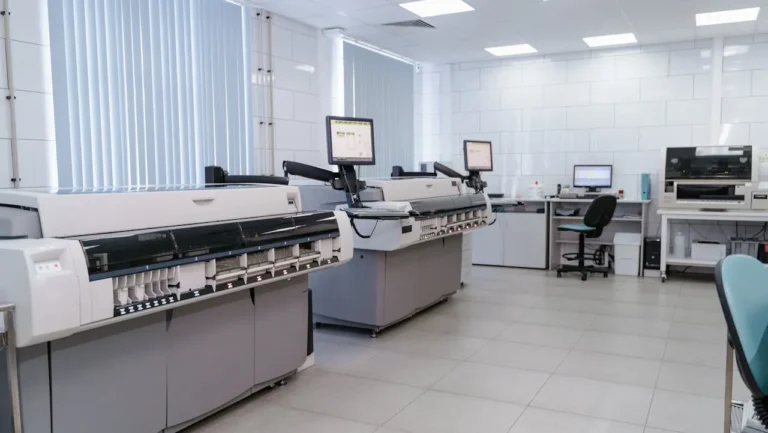
Aeonsemi, a renowned provider of high-speed Ethernet ICs, makes its debut in the automotive sector with the launch of Nemo™, an unparalleled IEEE 802.3ch compliant multi-gigabit Ethernet chipset tailored for In-Vehicle Networking (IVN) applications. Nemo™ stands out with its groundbreaking automotive switch integrating 10GBASE-T1 PHYs, alongside the industry’s most power-efficient 10GBASE-T1 PHYs for both symmetrical and asymmetrical communications. This comprehensive chipset offers end-to-end solutions, comprising a CSI-2 serializer bridge, a CSI-2 deserializer hub, a single/dual-port PHY, and a 6-port zonal switch.
Ethernet has emerged as the preferred technology for vehicle networking, facilitating a zonal electrical/electronic (E/E) architecture that brings notable enhancements in performance, reduced wire harness weight, and cost-effectiveness. However, high-speed sensor connections have traditionally relied on proprietary point-to-point SerDes technology due to the absence of fast, low-power, and cost-effective asymmetrical Ethernet solutions. Nemo™ fills this void by delivering the industry’s lowest power balanced and unbalanced 10G/5G/2.5G connectivity in Energy Efficient Ethernet (EEE) mode over a distance of up to 15 meters using single twisted pair or coaxial cable. The AS30110 serializer consumes less than 300mW with a 10Gbps payload and less than 200mW with a 5Gbps payload. The AS30010/20 single/dual-port PHYs consume less than 800mW per port in symmetrical 10Gbps mode.
Pierrick Boulay, Senior Technology & Market Analyst at Yole Group, highlighted the growing market for sensors, including cameras, radar, and LiDAR, driven by the increasing adoption of Advanced Driver Assistance Systems (ADAS) and Full Self-Driving (FSD). Ethernet-based sensors promise significant cost reductions by equipping vehicles with more sensors.
In response to the demand for sensor link solutions based on an open standard like IEEE 802.3ch, with an interoperable multi-vendor ecosystem, Yunteng Huang, CEO of Aeonsemi, emphasized the efficiency of their Ethernet camera solution. Contrary to the misconception about Ethernet PHYs lacking power efficiency for asymmetrical sensor connections, their solution stands out as the most power-efficient among comparable serializers. Compact in size with a 5mm x 5mm package, it supports referenceless operation to further reduce bill of materials (BOM) costs. The Nemo™ chipset marks a significant milestone in IVN development by enabling seamless integration of automotive sensors into a unified Ethernet network, optimizing the software and hardware of the “data center on wheels” for the vehicles of the future.
Key features of the Nemo™ chipset include the AS30110 CSI-2 Serializer Bridge with industry-leading power consumption, the AS30240 four-port aggregation deserialization hub with integrated Time-Sensitive Networking (TSN) capabilities, the AS30010/20 single or dual port 10GBASE-T1 PHY with low power consumption, and the AS30340 6-port Ethernet switch for zonal aggregation. Developed on TSMC’s automotive process node, the Nemo™ chipset complies with AEC-Q100 Grade 2 and ISO26262 ASIL-B standards. Evaluation kits and samples will be available to select customers, with a live, end-to-end demo showcased at AutoSens in Detroit (May 21-23).
For more details about the Nemo™ chipset and its transformative potential in in-vehicle connectivity, visit the Aeonsemi website or contact nemo@aeonsemi.com.




